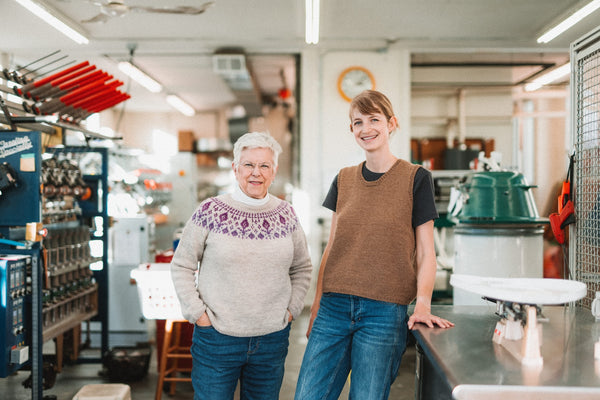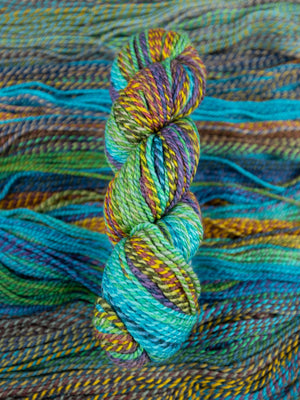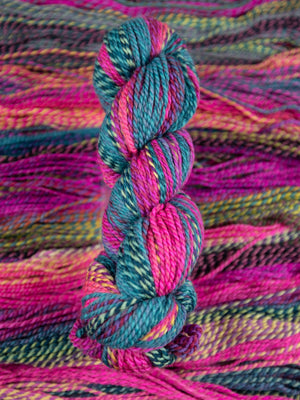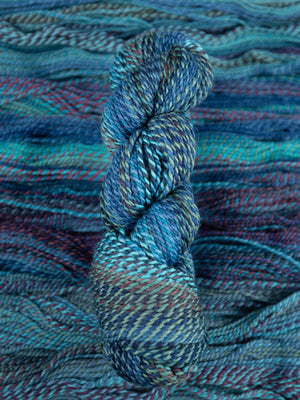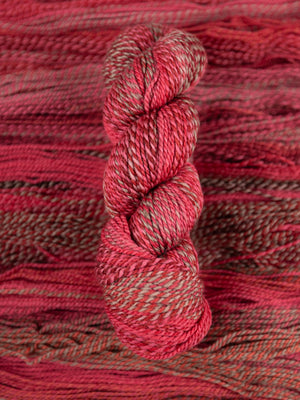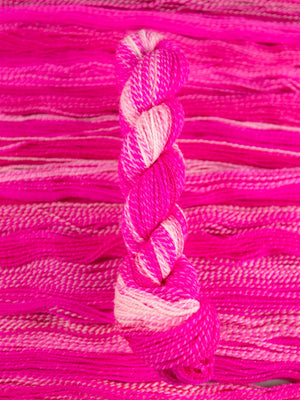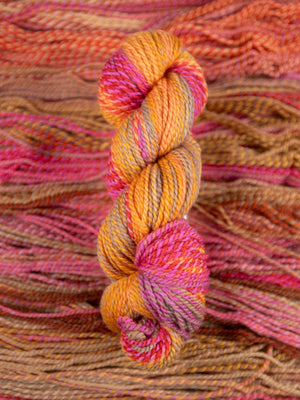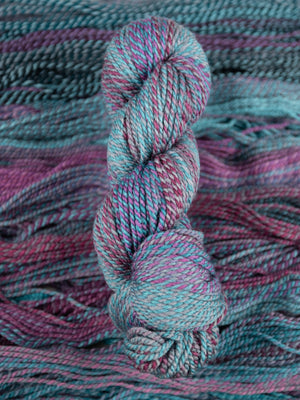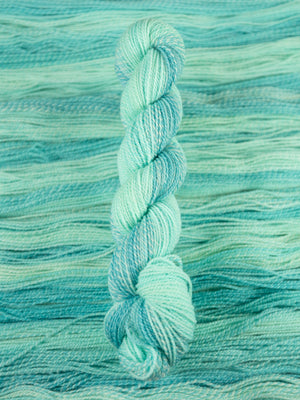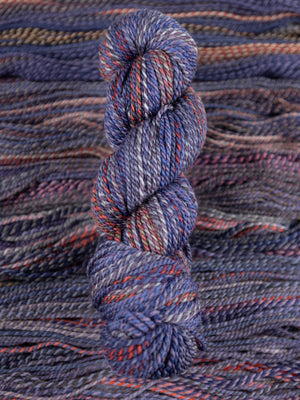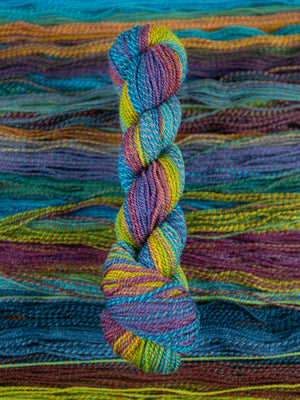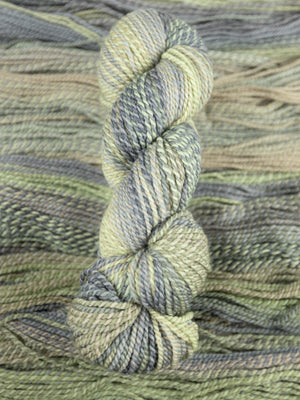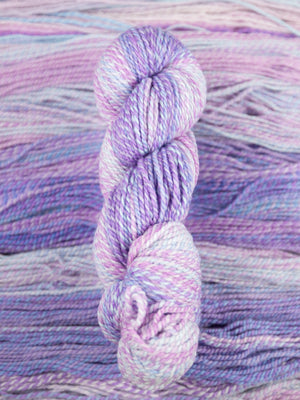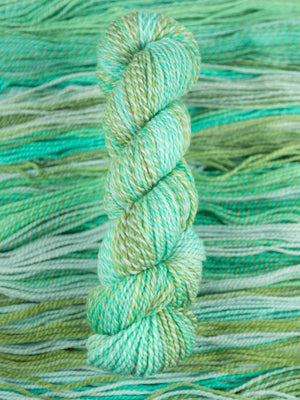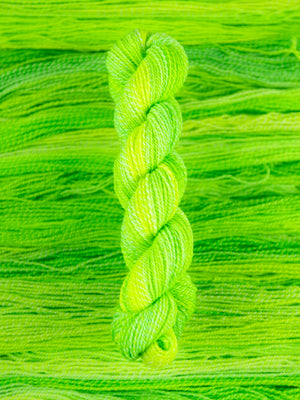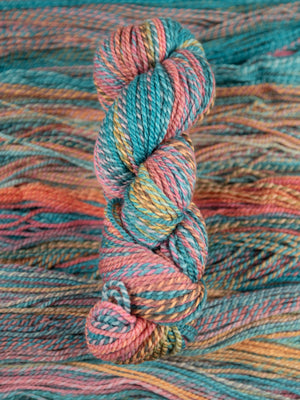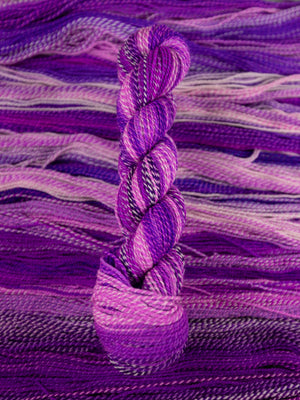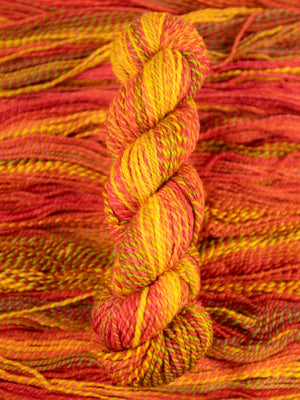Welcome to Junction Fiber Mill
Nestled in the heart of White River Junction, Vermont, Junction Fiber Mill is more than just a mill – it's a community of fiber enthusiasts dedicated to creating high-quality, breed-specific yarns. Our journey began in 2021 with two friends and sheep farmers, Amanda and Peggy, who came together over a shared passion for fiber. Today, we've grown into a talented team of people who share our love for crafting beautiful, sustainable yarns.
Our Story
Junction Fiber Mill was founded by Amanda and Peggy, two friends whose paths crossed through their love for sheep farming and fiber arts. Their dream was to create a mill that celebrated the natural beauty of wool, supported local sheep farmers, and fostered a community of fiber artists. With dedication and hard work, they turned that dream into reality.
Curious about our journey? Watch the tear-jerking episode of the Millcast where Amanda and Peggy share how they met and the heartfelt story behind the founding of Junction Fiber Mill.
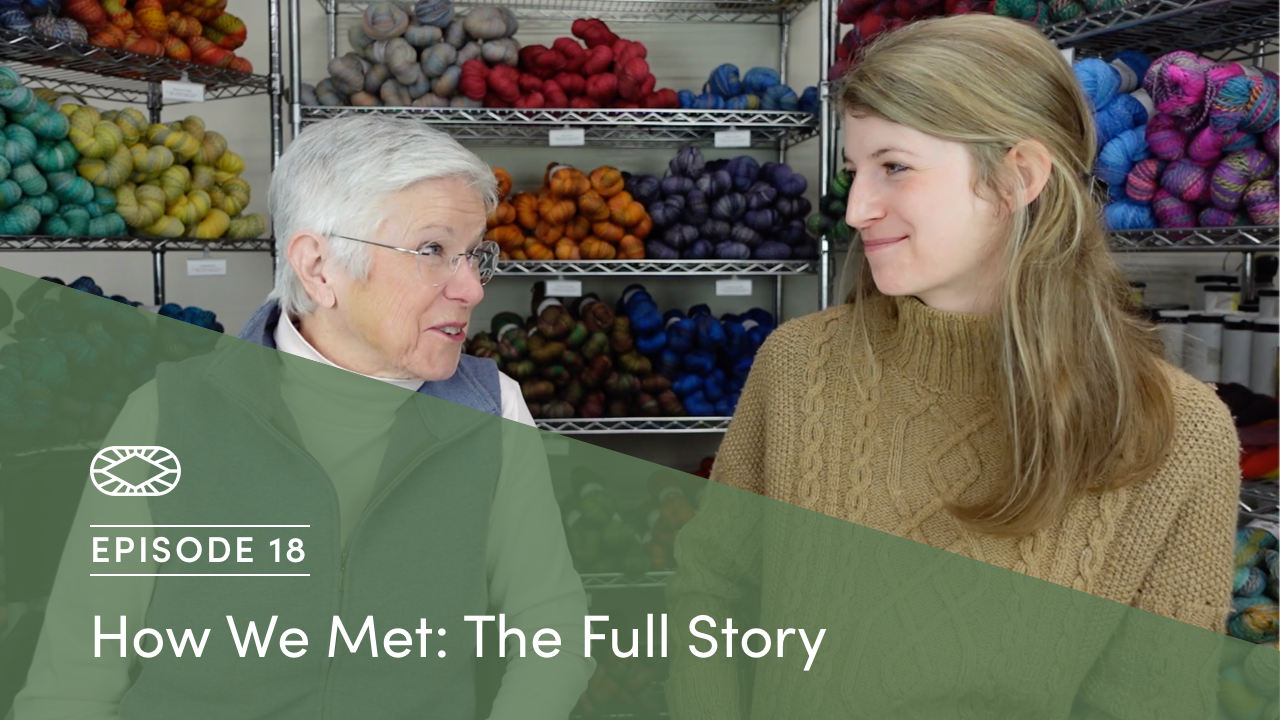
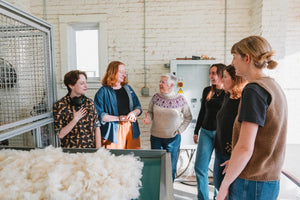
Meet the Team
From our humble beginnings, we've grown to include a wonderful team of passionate individuals who bring their unique skills and enthusiasm to the mill. Each member of our team is dedicated to maintaining the high standards of quality and craftsmanship that our customers have come to expect.
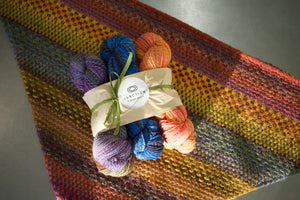
Our Commitment
At Junction Fiber Mill, we are committed to:
- Supporting American Wool Growers: We source our wool both locally and domestically, ensuring that every skein of yarn is made with care and supports American wool growers.
- Crafting Authentic Yarn: We work with real wool, avoiding superwash treatments to preserve the natural characteristics of the fibers.
- Creating with Passion: Our hand-dyed yarns are the result of meticulous processes and a love for the craft, providing you with unique colorways that inspire creativity.
Join Our Community
We invite you to become a part of our vibrant community. Whether you're a seasoned knitter or just starting, we have something for everyone. Stay connected with us through our weekly Millcast video podcast, where we share insights, stories, and the magic behind the scenes at Junction Fiber Mill.
Millcast Episode: 167
Read more
Millcast Episode 166
Read more
